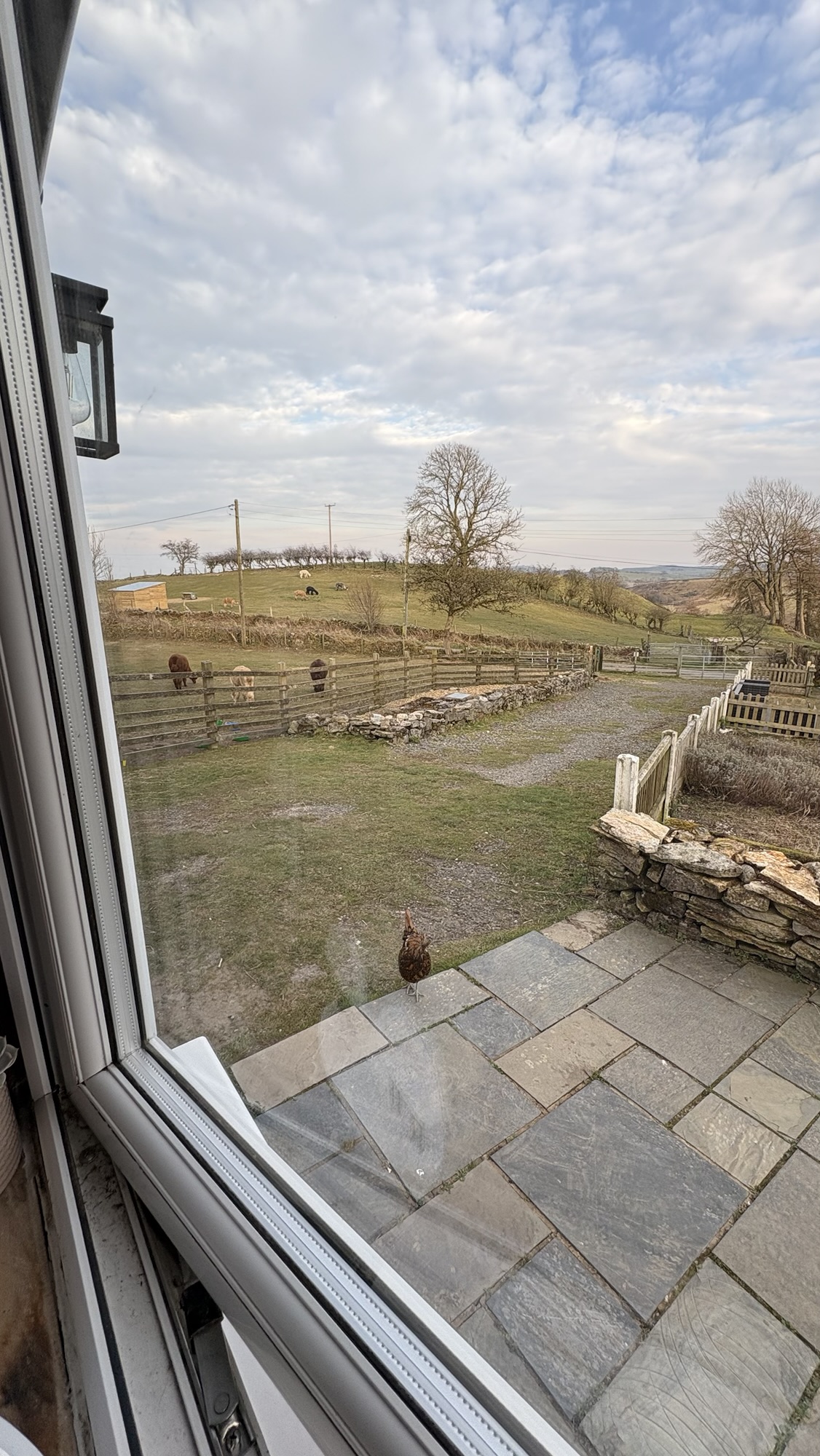If you’ve ever traveled on a long-haul flight, you know that jet lag can be one of the most challenging parts of the journey. The feeling of disorientation, fatigue, and just being out of sync with local time can make the first few days of your trip feel like a blur. We’ve had our fair share of long flights—Manchester to Mauritius, Manchester to Montego Bay, London to Tanzania and Manchester to Malaysia —and over the years, we’ve picked up a few tricks that have helped reduce jet lag and make the transition easier. Here’s what we’ve learned:
Adjust Your Sleep Schedule Before You Go
One of the best ways to combat jet lag is by gradually shifting your sleep schedule before you even leave. If you’re traveling east (like Manchester to Malaysia), try going to bed an hour earlier each night for a few days leading up to your trip. If you’re heading west (like Manchester to Montego Bay, Jamaica), try staying up an hour later. This can help your body adjust to the new time zone gradually, so the shift isn’t as jarring when you arrive.
Stay Hydrated (But Avoid Alcohol)
Long flights are notorious for leaving you dehydrated, and dehydration can make jet lag feel even worse. Make sure to drink plenty of water before, during, and after your flight. We always aim to drink a glass/half a bottle of water every couple of hours. On our flight from Manchester to Mauritius, staying hydrated really helped keep my energy levels up when we landed.
While it might be tempting to unwind with a glass of wine or a cocktail during the flight, alcohol can dehydrate you and disrupt your sleep cycle, making jet lag worse. Don’t get us wrong, sometimes the trade-off is definitely there and it just feels right to booze a bit on the flight, but if you absolutely want to hit the ground running on landing, opt for herbal teas or plain water to keep your body balanced.
Get Moving on the Flight
One of the hardest things about long flights is sitting in one place for hours on end, which can cause fatigue and discomfort. Make a point to stretch, walk around the cabin, and do light exercises in your seat to keep your circulation flowing. This helps reduce muscle stiffness, improves blood flow, and prevents the sluggish feeling you might get after being seated for too long.
Expose Yourself to Natural Light
When you arrive at your destination, one of the best things you can do to reset your internal clock is expose yourself to natural light. If you’ve flown east (like London to Tanzania), morning sunlight is your best friend—it helps signal to your body that it’s time to wake up. On the flip side, if you’ve traveled west, aim to get out into the evening light to help your body ease into the new time zone.
We made sure to spend some time outside on the first day after arriving in Mauritius, and it worked wonders for helping us adjust faster. Even on a quick trip, getting outside and taking in the fresh air can be a great mood booster.
Take Naps, but Don’t Overdo It
It can be tempting to sleep the whole day away when you arrive, especially if you’re feeling the effects of jet lag. But while short naps can be helpful, they shouldn’t replace a good night’s sleep. If you arrive in the middle of the day, a 20-minute power nap after arrival can help recharge without interfering with your ability to fall asleep at a reasonable hour.
Aim to keep naps under 30 minutes, and try not to nap too late in the day, so you don’t disrupt your nighttime sleep.
Use Sleep Aids Wisely
While we’re not ones to rely on sleep medication, there are natural aids like melatonin to help your body adjust to new time zones. For example, some people use melatonin to help them fall asleep at a more appropriate time when they’re struggling to adjust. It’s a hormone your body produces naturally, so using a supplement (in consultation with your doctor) can help signal to your body that it’s time to rest.
If you’d rather avoid supplements, you can use an eye mask and/or noise-canceling headphones to block out distractions and create a more sleep-friendly environment, making it easier to get some rest during the flight.
Eat According to the New Time Zone
Your body’s internal clock, or circadian rhythm, is influenced by food. Eating meals in sync with your destination’s local time can help your body adjust more quickly. When you arrive in destination,try to have meals at the local time, even if you aren’t feeling hungry at first. Eating nutritious meals also helps keep your energy levels stable, so you’ll feel more alert during the day and ready for sleep at night.
Take It Easy on the First Day
Finally, give yourself some grace when you arrive at your destination. After all, you’ve just traveled across multiple time zones, and your body needs time to catch up. If you know you have a busy schedule in destination consider arriving a day or so early to give yourself some time. When Elliot arrived in Tanzania to climb Kilimanjaro, he made sure not to over-schedule the first day and picked a schedule that allowed for a day or so of preparation in advance of setting out – which made the transition smoother.
Jet lag might not be something you can completely avoid, but with these tips, you can definitely reduce its effects and enjoy your trip sooner.










